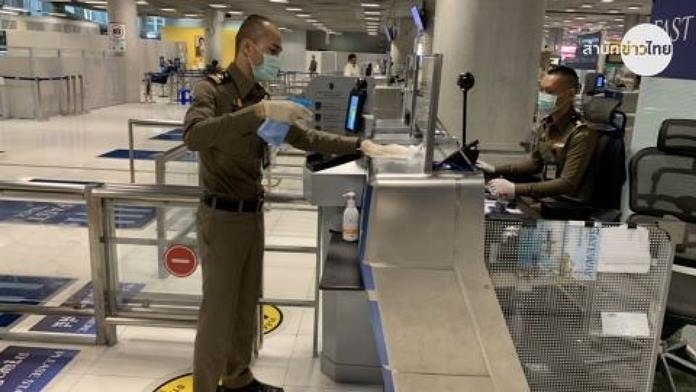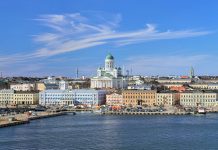
Now that the Ministry of Foreign Affairs has confirmed that all remaining Thais stranded abroad will be repatriated within weeks, attention is shifting towards the future for foreigners who want to come here. The assumption is that compulsory state quarantining for 14 days would need to end before much movement occurs, although confinement could be replaced by pre-departure tests and virus-free documentation.
The priority will be to allow permanent residents (the ones holding a red police book) and holders of work permits issued by the Ministry of Labour to resume their lives here, probably in July or August as all foreign nationals are currently blocked from air, sea and land entry points at least until June 30. These groups are easy to identify as their Thai documentation is standard and unambiguous.
Government spokespersons have stated that another priority group are the hundreds of foreigners who are married to Thais and/or have dependent children for whom they are financially responsible. These men – and 99.5% are men – are a less clear-cut category. Some have a one year extension of stay based on marriage and can easily be identified by the stamp in their passport.
But not all. For instance, many farang married to Thais hold a one year extension of stay based on retirement which requires much less documentation – although a bigger bank balance or proof of annual income – and is available to single or married men over 50 years. Other foreigners, for example those working abroad several months a year, do not have any long-stay visa but rely on 30 days-on-arrival stamps which they can extend for up to 60 days more at Thai immigration with the appropriate proof of their marriage or Thai family responsibilities.
In other words, it is not always possible for immigration officers at entry points to identify foreign men with Thai wives or family responsibilities from their passport visa. An immigration spokesman said the bureau was aware of this problem and was working on possible scenarios. One possibility is that relevant documents, such as marriage and birth certificates and proof of address in Thailand, could be acceptable at airports even if shown on the entrant’s personal computer.
Other categories of one year visa holders, such as retirees and students, may have to wait to return until the Thai authorities allow airports and border posts to open more broadly and admit short-stay tourists as well. That could be a phased-in procedure with tourists from countries designated as pandemic-free allowed to arrive here on a pilot basis. Current predictions are that such moves are unlikely before the autumn at the earliest.
Of course, the Thai government is under great political and economic pressure to reopen the country’s closed borders. But any Covid-19 second wave attributed to inbound travellers would be a public relations disaster for a nation that relies so heavily on the outside world for its growth and prosperity. That’s why a slowly-slowly approach to international travel issues is a foregone conclusion.
 |
 |
 |





